Home>Interior Design>13 Ways To Keep Spiders Away: Naturally, Without Killing Them
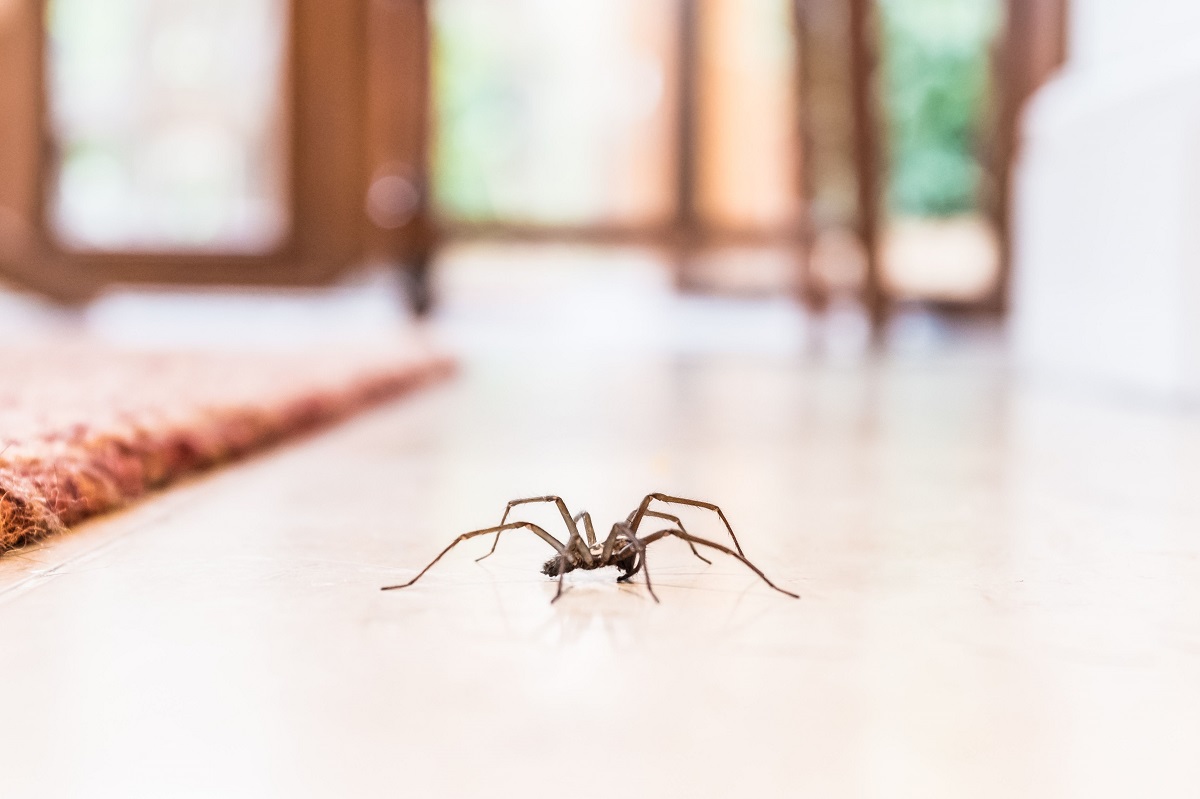

Interior Design
13 Ways To Keep Spiders Away: Naturally, Without Killing Them
Modified: March 20, 2024
Looking for natural ways to keep spiders away from your home without harming them? Discover 13 effective interior design tips for spider prevention.
(Many of the links in this article redirect to a specific reviewed product. Your purchase of these products through affiliate links helps to generate commission for Storables.com, at no extra cost. Learn more)
Introduction
Spiders can be both fascinating and frightening creatures. While they play a crucial role in our ecosystem by controlling the population of other pests, many people prefer to keep spiders out of their homes. Fortunately, there are natural ways to deter spiders without resorting to harmful pesticides or resorting to killing them.
In this article, we will explore 13 effective methods to keep spiders away from your home naturally. These methods are not only safe for both you and the spiders, but they are also environmentally friendly. So, let’s dive in and discover how to create a spider-free environment without causing harm.
Key Takeaways:
- Create a spider-free home naturally by sealing cracks, using essential oils, and maintaining cleanliness. Embrace natural methods to deter spiders without harming them or the environment.
- Harness the power of nature with citrus peels, chestnuts, mint leaves, and other natural repellents to keep spiders at bay. Enjoy a spider-free environment without resorting to harmful chemicals or killing spiders.
Seal cracks and gaps
Spiders can enter your home through tiny cracks and gaps in doors, windows, and walls. By sealing these entry points, you can effectively prevent spiders from entering your living spaces.
Start by carefully inspecting your home for any visible cracks or gaps. Common areas to check include windowsills, door frames, baseboards, and utility entry points. Use silicone caulk or weatherstripping to seal these openings, ensuring a tight seal that spiders cannot penetrate.
If you notice larger gaps, especially near utility pipes or cables, consider using expanding foam insulation to fill them. This will not only keep spiders out but also help with energy efficiency by preventing drafts.
Don’t forget to examine your windows for torn or damaged screens. Repair or replace any damaged screens to keep spiders from entering through open windows.
Sealing cracks and gaps not only keeps spiders out but also helps with other pests like ants and cockroaches. It’s a simple yet effective way to create a barrier between your home and unwanted intruders.
Use essential oils
Essential oils not only have pleasant aromas but can also work as natural spider repellents. Spiders have a strong sense of smell, and certain scents can deter them from entering your home. Here are a few essential oils to consider:
- Peppermint oil: Spiders dislike the strong scent of peppermint oil. Mix a few drops of peppermint oil with water in a spray bottle and spray it along windowsills, doorways, and other areas where spiders may enter.
- Lavender oil: Lavender oil has a calming scent that most spiders find repulsive. Use it in the same way as peppermint oil to create a barrier against spiders.
- Tea tree oil: Tea tree oil is known for its insect-repellent properties. Add a few drops of tea tree oil to water and spray it in spider-prone areas.
- Eucalyptus oil: Spiders dislike the strong smell of eucalyptus oil. Dilute a few drops of eucalyptus oil in water and use it as a natural spider repellent.
To apply these essential oils, mix a few drops with water in a spray bottle and shake well. Spray the solution in corners, windowsills, and any other areas where spiders might enter your home. Remember to reapply the solution every few weeks or after cleaning.
Not only will your home smell fresh and inviting, but the scents of these essential oils will also help keep spiders at bay.
Keep a clean and clutter-free home
A clean and clutter-free home not only creates a more pleasant living environment but also helps to deter spiders. Spiders are attracted to cluttered areas where they can hide and find food sources.
Start by decluttering your living spaces. Remove unnecessary items and organize your belongings. Pay close attention to storage areas such as basements, attics, and closets, as these are common places for spiders to hide.
Regularly clean your home to remove dust, debris, and spider webs. Vacuum floors, corners, and crevices where spiders may hide. Use a long-handled broom or duster to reach high ceilings and corners.
Take extra care in cleaning areas where spiders are likely to find food, such as kitchens and dining areas. Keep food stored in airtight containers to prevent attracting other pests, which can, in turn, attract spiders.
Additionally, reduce moisture in your home as spiders are attracted to damp environments. Fix any leaks or plumbing issues promptly and use a dehumidifier in areas prone to excess moisture, such as basements and bathrooms.
Maintaining a clean and clutter-free home not only deters spiders but also helps create a healthier and more enjoyable living space for you and your family.
Remove spider food sources
Spiders are not only attracted to shelter but also to a readily available food source. By eliminating their food sources, you can discourage spiders from taking up residence in your home.
First and foremost, take steps to control other pests such as flies, mosquitoes, and ants, which are common prey for spiders. Regularly remove food crumbs, keep garbage in sealed containers, and clean up spills promptly to minimize potential insect infestations.
Another effective way to deter spiders is to reduce the number of flying insects around your home. Install window screens to prevent insects from entering, and consider using bug zappers or LED bug lights to attract and trap flying bugs outdoors.
Additionally, consider placing outdoor lights away from entryways to prevent attracting insects that could inadvertently lead spiders indoors.
Keep your garden and outdoor areas well-maintained. Trim shrubs and trees that touch or overhang your home, as they can provide a bridge for spiders to enter. Regularly remove dead leaves, woodpiles, and other debris that serve as hiding spots for spiders and their prey.
By eliminating spider food sources, you create a less hospitable environment for spiders and encourage them to seek food elsewhere.
Read more: How To Keep Spiders Away From Outdoor Lights
Use vinegar solution
Vinegar is a versatile and natural cleaning solution that can also be used as a spider repellent. Spiders dislike the strong smell and taste of vinegar, making it an effective deterrent.
To create a vinegar solution, mix equal parts of distilled white vinegar and water in a spray bottle. Shake well to ensure the solution is thoroughly mixed.
Spray the vinegar solution along windowsills, doorways, and other areas where spiders are likely to enter. Pay close attention to corners, cracks, and crevices where spiders can hide. Be cautious when spraying the solution on surfaces that may be sensitive to vinegar, such as natural stone.
Reapply the vinegar solution every few weeks or after cleaning to maintain its effectiveness as a spider repellent.
In addition to repelling spiders, vinegar can also help with cleaning and disinfecting your home. It’s a natural and eco-friendly alternative to harsh chemical cleaners.
Remember to keep vinegar away from pets and use caution when using it near fabrics or materials that may be affected by its acidity.
By using a vinegar solution, you can naturally discourage spiders from entering your home while also keeping your living spaces clean and sanitized.
Citrus peels
Citrus peels are not only a delicious and refreshing snack, but they can also be used to deter spiders from taking up residence in your home. Spiders have a strong aversion to the scent of citrus, making citrus peels an effective natural repellent.
Save citrus peels from oranges, lemons, or grapefruits after enjoying the juicy flesh. Place these peels near entry points, windowsills, and other areas where spiders may enter your home.
As the peels dry out, their scent intensifies, creating a barrier that spiders are less likely to cross. For maximum effectiveness, replace the citrus peels every few weeks to maintain their aroma.
Another method is to grind dried citrus peels into a fine powder and sprinkle it around spider-prone areas. This not only disperses the scent but also creates a physical barrier that spiders are reluctant to crawl over.
In addition to repelling spiders, citrus peels can also freshen the air in your home naturally. They are a cost-effective and eco-friendly option for keeping spiders at bay.
So, the next time you enjoy a citrus fruit, don’t throw away the peels. Put them to good use in creating a spider-free environment.
Chestnuts
Chestnuts, known for their delicious taste and toasty aroma, can also be utilized as a natural spider repellent. Spiders dislike the scent of chestnuts, making them an effective deterrent.
To use chestnuts as a spider repellent, simply place a few around entry points, windowsills, or areas where spiders are commonly found. You can even place them in small sachets or drawstring bags and hang them in key locations.
As chestnuts dry out, they release a subtle aroma that spiders find unpleasant. By strategically placing chestnuts around your home, you can create a spider-free zone without relying on harmful chemicals or pesticides.
Remember to check and replace the chestnuts every few weeks, as they may lose their scent over time.
In addition to repelling spiders, chestnuts can also serve as a decorative element in your home. They bring a touch of natural beauty while providing a practical purpose.
Next time you come across some chestnuts, consider using them as a natural spider deterrent, and embrace the benefits of these natural wonders.
Seal cracks and crevices in your home to prevent spiders from entering. Use caulk to fill gaps around windows, doors, and pipes.
Mint leaves
Mint leaves not only add a refreshing taste to beverages and meals but also act as a natural spider repellent. Spiders are repelled by the strong scent of mint, making it an effective and fragrant way to keep them away from your home.
There are several ways to use mint leaves as a spider deterrent. One method is to crush fresh mint leaves and place them near entry points, windowsills, and other areas where spiders may enter. The scent will deter spiders, and the crushed leaves can also be visually appealing and add a touch of greenery to your living spaces.
Another option is to make a mint-infused spray. Steep a handful of fresh mint leaves in boiling water for about 15 minutes, then strain the liquid and allow it to cool. Pour the mint-infused water into a spray bottle and use it to spritz around doorways, windows, or any areas where spiders commonly appear.
You can also use dried mint leaves by creating sachets or placing them in small mesh bags. Hang these bags in spider-prone areas or tuck them into corners to keep spiders at bay.
Remember to replace or refresh the mint leaves regularly to maintain their potency as a spider repellent.
Not only does mint serve as a natural spider deterrent, but it also adds a fresh and invigorating aroma to your home. Embrace the benefits of mint leaves and keep spiders away in a natural and aromatic way.
Cedarwood chips
Cedarwood chips are not only appreciated for their rich, woody aroma but also for their ability to repel spiders. Spiders detest the scent of cedar, making cedarwood chips an effective natural deterrent.
One way to use cedarwood chips to keep spiders away is to scatter them in areas where spiders commonly enter your home, such as doorways, windowsills, and vents. You can also place them in closets, basements, or other areas prone to spider infestations.
For best results, you can create sachets or small fabric bags filled with cedarwood chips and place them strategically around your home. These pouches can be hung near entry points, in storage areas, or tucked into corners.
As the chips release their scent, spiders will be discouraged from entering your home or building webs in their vicinity. Cedarwood chips can help create a barrier that spiders find unappealing and avoid altogether.
Keep in mind that the effectiveness of cedarwood chips as a spider repellent can diminish over time. To maintain their potency, lightly sand the surface of the chips every few months to release the essential oils and refresh their scent.
Cedarwood chips not only serve as a natural spider deterrent but also add a touch of rustic charm to your living spaces. Enjoy the pleasant aroma while keeping spiders at bay with this natural and eco-friendly solution.
Lavender sachets
Lavender, with its delightful scent and calming properties, can also be used to repel spiders. Spiders are naturally averse to the strong aroma of lavender, making lavender sachets an effective and aromatic method to keep them away.
To create lavender sachets, you will need dried lavender buds and small fabric pouches. Fill the pouches with dried lavender buds and tie them securely. Place these sachets in areas where spiders are likely to enter, such as windowsills, doorways, and corners.
You can also tuck lavender sachets into drawers or closets to prevent spiders from taking up residence in these spaces. The scent of lavender will not only repel spiders but also add a delightful fragrance to your clothes and linens.
Consider placing lavender sachets under furniture or behind curtains to create a barrier that spiders are reluctant to cross.
To refresh the scent, gently squeeze the lavender sachets to release the fragrance. Additionally, you can add a few drops of lavender essential oil to enhance the potency of the aroma.
Lavender sachets not only serve as a natural spider deterrent but also bring a touch of beauty and relaxation to your home. Enjoy the calming effects of lavender while keeping spiders away with these delightful sachets.
Eucalyptus oil
Eucalyptus oil, derived from the leaves of the eucalyptus tree, is known for its refreshing scent and powerful insect-repellent properties. Spiders are particularly sensitive to the strong aroma of eucalyptus oil, making it an effective natural deterrent.
To utilize eucalyptus oil as a spider repellent, add a few drops of pure eucalyptus oil to a spray bottle filled with water. Shake well to ensure the oil is mixed evenly with the water.
Spray the eucalyptus oil solution along windowsills, doorways, and other areas where spiders are likely to enter. Pay close attention to cracks, crevices, and dark corners where spiders commonly hide.
The strong scent of eucalyptus oil will not only repel spiders but also make these areas less inviting for them to build their webs or lay eggs.
In addition to using it as a spray, you can also apply a few drops of eucalyptus oil directly to cotton balls and place them in areas where spiders are problematic.
Remember to reapply the eucalyptus oil solution or refresh the cotton balls every few weeks to maintain its effectiveness as a spider repellent.
Eucalyptus oil not only serves as a natural spider deterrent but also has a refreshing aroma that can uplift your mood and promote relaxation. Embrace the benefits of eucalyptus oil and keep spiders at bay without using harmful chemicals.
Hedge apples
Hedge apples, also known as osage oranges or horse apples, may not be as commonly known as other natural spider repellents, but they can be quite effective in keeping spiders away.
Hedge apples come from the fruit of the Osage Orange tree and are typically large, green, and bumpy in appearance. To use hedge apples as a spider deterrent, simply place them strategically around your home, particularly near entry points or areas where spiders are frequently spotted.
It is believed that the scent emitted by hedge apples acts as a natural repellent for spiders. While the exact mechanism is unknown, anecdotal evidence suggests that the compounds in the fruit’s skin and seeds are responsible for deterring spiders.
Although hedge apples can naturally dry out over time, they can maintain their spider-repelling properties for several months. However, if you notice the fruit starting to rot or become moldy, it’s advisable to replace them with fresh ones.
While hedge apples are generally safe to handle, it’s essential to keep them out of reach of children and pets. They are meant for use as a spider deterrent rather than consumption.
Using hedge apples is a unique and natural approach to repel spiders from your home. Embrace their unusual appearance and take advantage of their potential to keep spiders at bay.
Peppermint oil
Peppermint oil is not only known for its refreshing scent but also for its ability to repel spiders. Spiders have a strong aversion to the strong smell of peppermint, making it an effective natural deterrent.
To use peppermint oil as a spider repellent, mix a few drops of pure peppermint oil with water in a spray bottle. Shake well to ensure the oil is evenly dispersed in the water.
Spray the peppermint oil solution along windowsills, doorways, and other areas where spiders are likely to enter. Pay special attention to corners, cracks, and crevices where spiders often hide. The minty scent will discourage spiders from venturing into your home.
Another option is to soak cotton balls in peppermint oil and place them strategically around your home. You can tuck them near entry points, inside cabinets, or in any spider-prone areas.
For ongoing protection, consider planting peppermint plants near the exterior of your home. The scent emitted by the plants can naturally help to keep spiders away.
Remember to refresh the peppermint oil solution or cotton balls every few weeks to maintain its effectiveness as a spider repellent.
Peppermint oil not only serves as a natural spider deterrent but also leaves your home smelling fresh and invigorating. Take advantage of its powerful scent and keep spiders at bay without the use of harmful chemicals.
Conclusion
Keeping spiders away from your home can be achieved naturally, without harmful chemicals or resorting to killing them. By implementing the 13 methods mentioned above, you can create a spider-free environment while maintaining a safe and sustainable living space.
Sealing cracks and gaps, using essential oils, keeping a clean and clutter-free home, and removing spider food sources are fundamental steps in spider prevention. These practices not only deter spiders but also contribute to overall cleanliness and hygiene in your home.
The use of vinegar solutions, citrus peels, chestnuts, mint leaves, cedarwood chips, lavender sachets, and eucalyptus oil serve as effective natural spider repellents. These natural substances emit scents that spiders find unpleasant, creating an environment that they prefer to avoid.
Furthermore, hedge apples offer a unique and natural approach to keeping spiders away, while peppermint oil serves as a powerful spider deterrent due to its strong aroma.
It’s important to note that these natural methods may require periodic refreshing or replacement to maintain their effectiveness. However, they are safe alternatives that will not harm the spiders or the environment.
By incorporating these 13 natural methods, you can successfully deter spiders from entering your home, creating a more peaceful and spider-free living space. Embrace the power of nature and enjoy a comfortable and spider-free environment without the use of harmful chemicals or resorting to killing spiders.
Frequently Asked Questions about 13 Ways To Keep Spiders Away: Naturally, Without Killing Them
Was this page helpful?
At Storables.com, we guarantee accurate and reliable information. Our content, validated by Expert Board Contributors, is crafted following stringent Editorial Policies. We're committed to providing you with well-researched, expert-backed insights for all your informational needs.
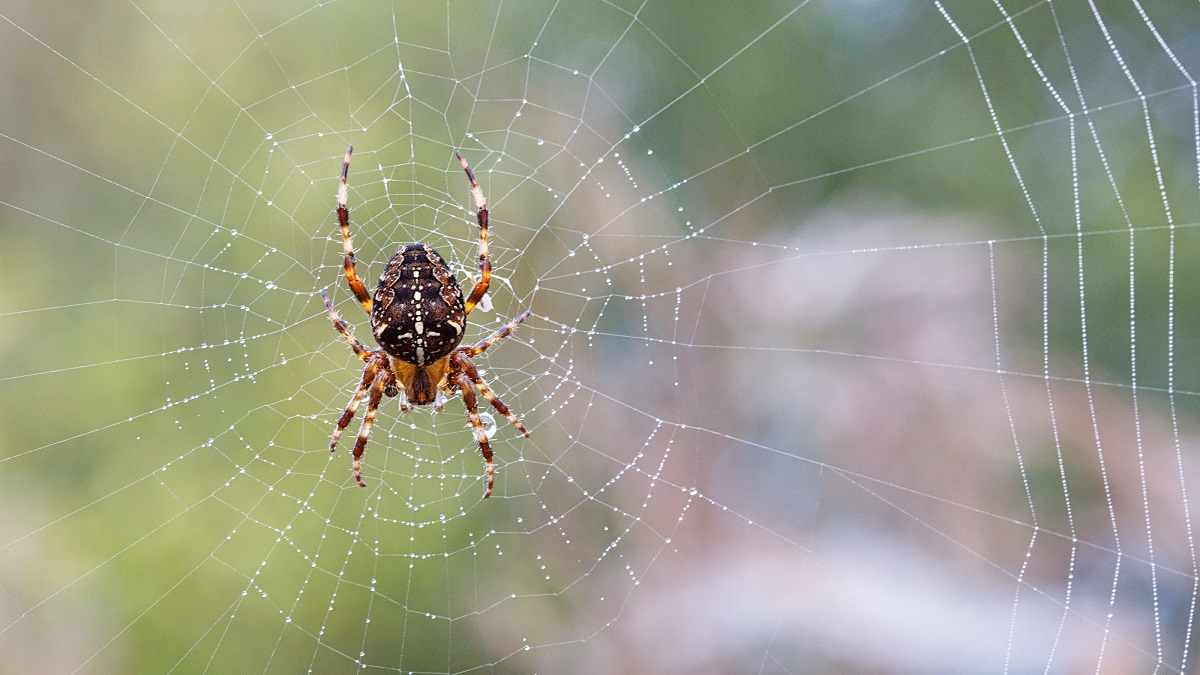
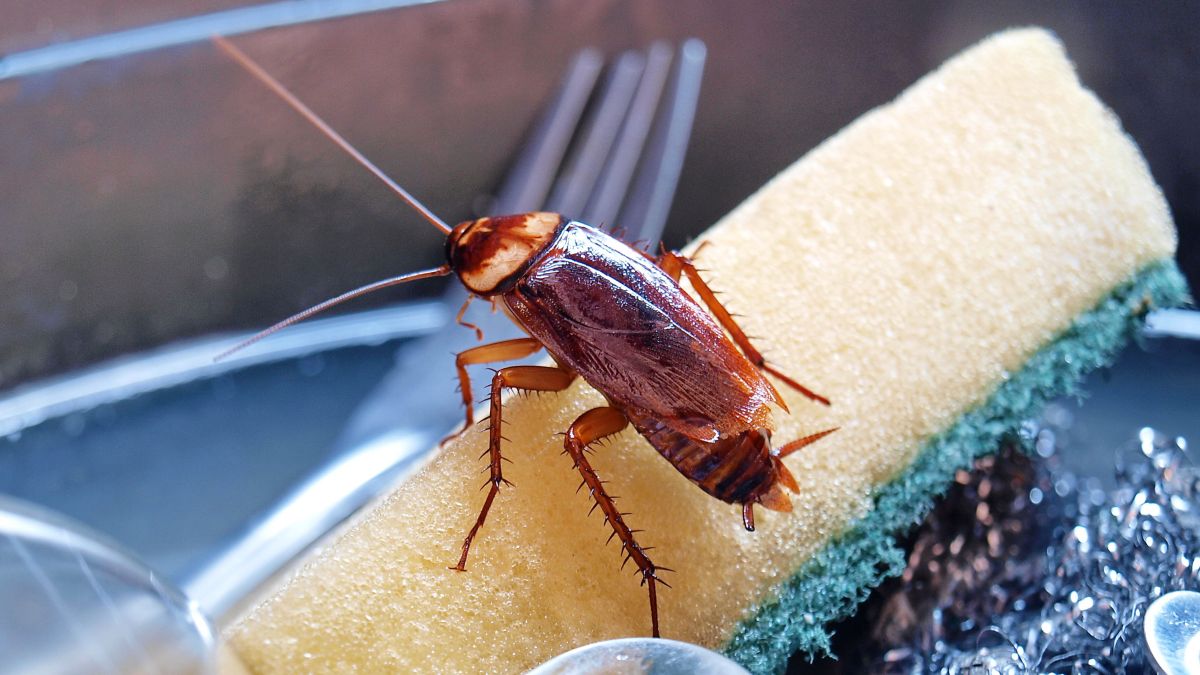
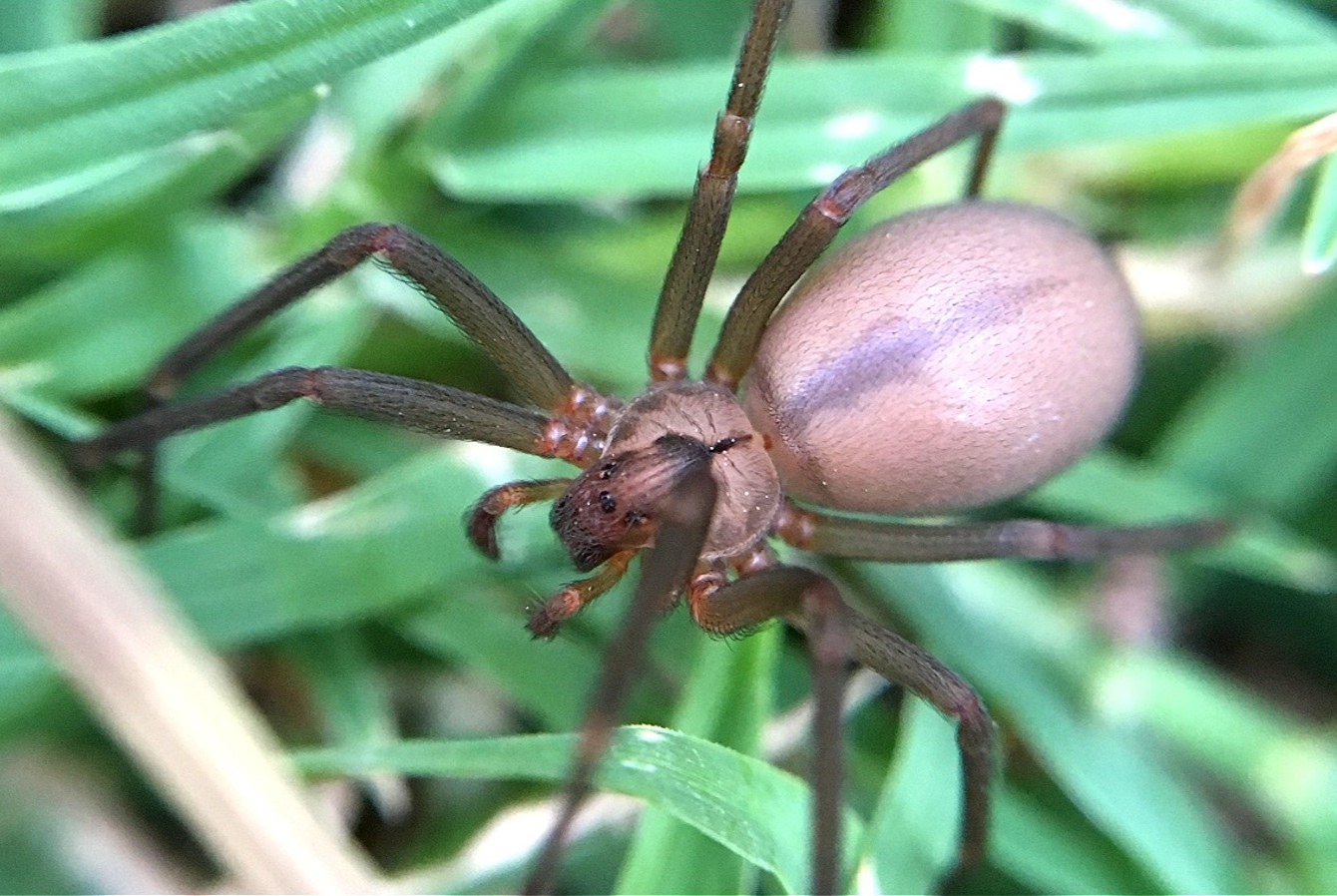

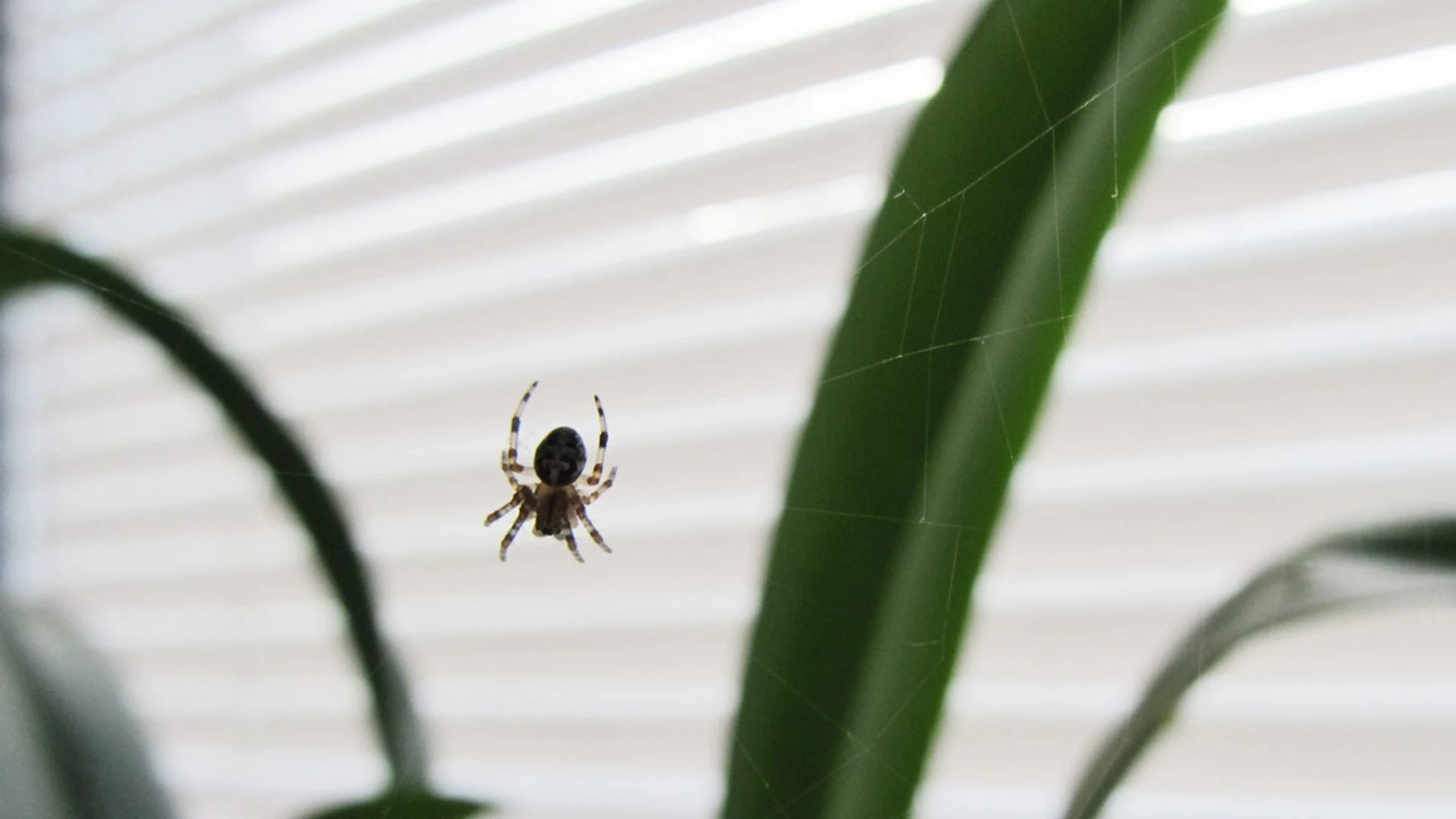

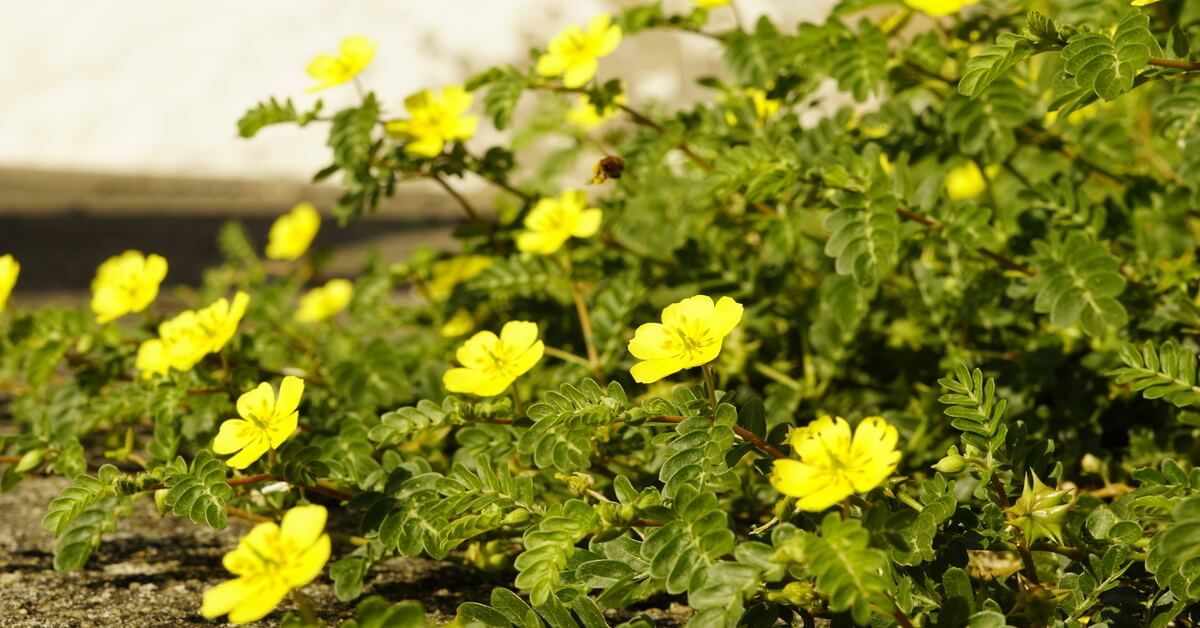
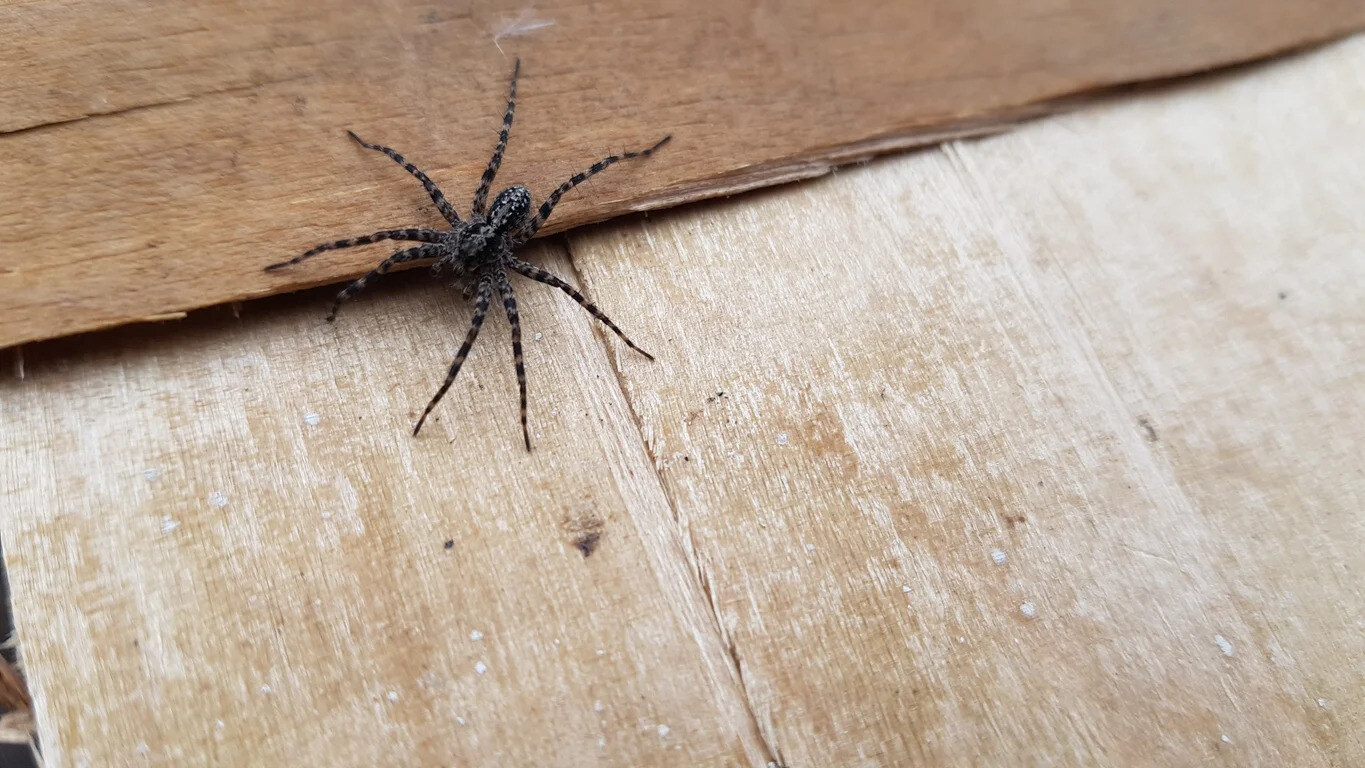
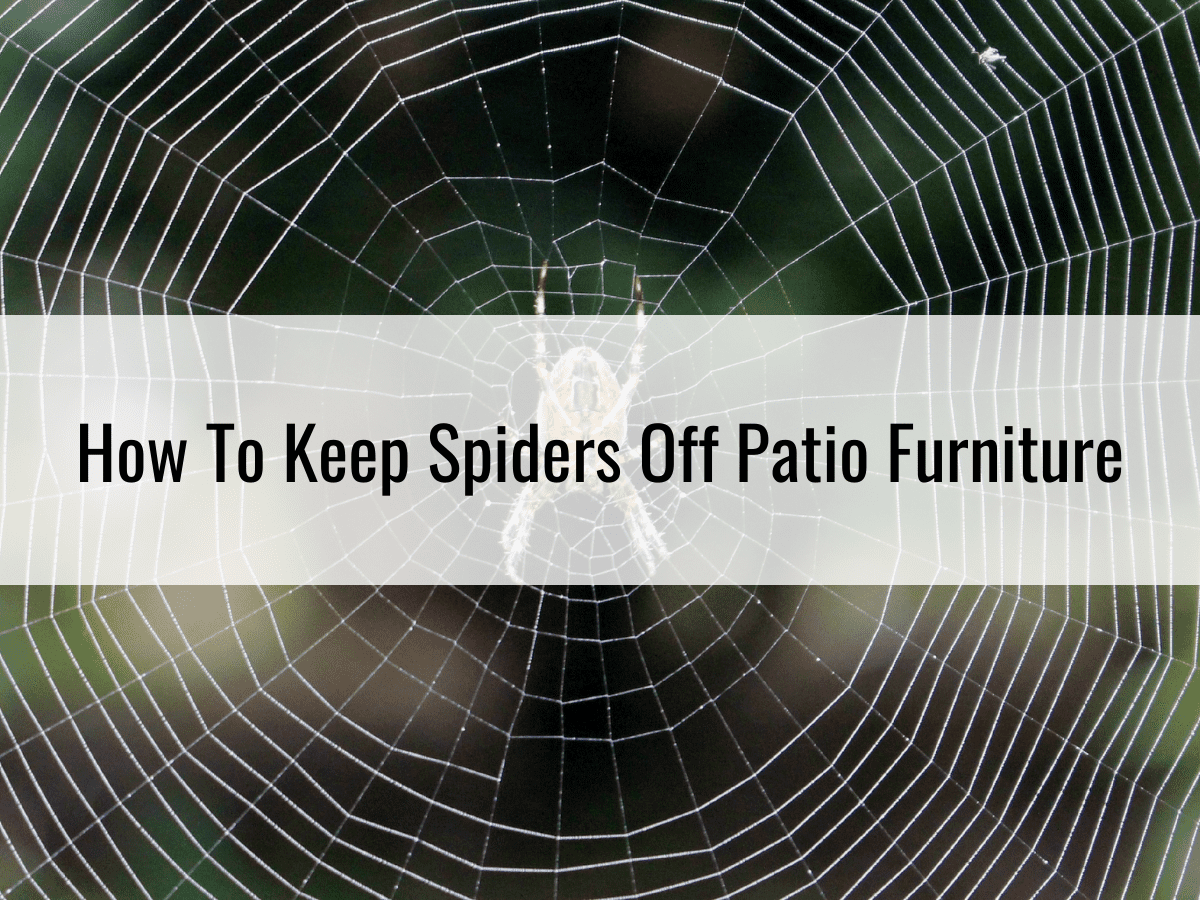

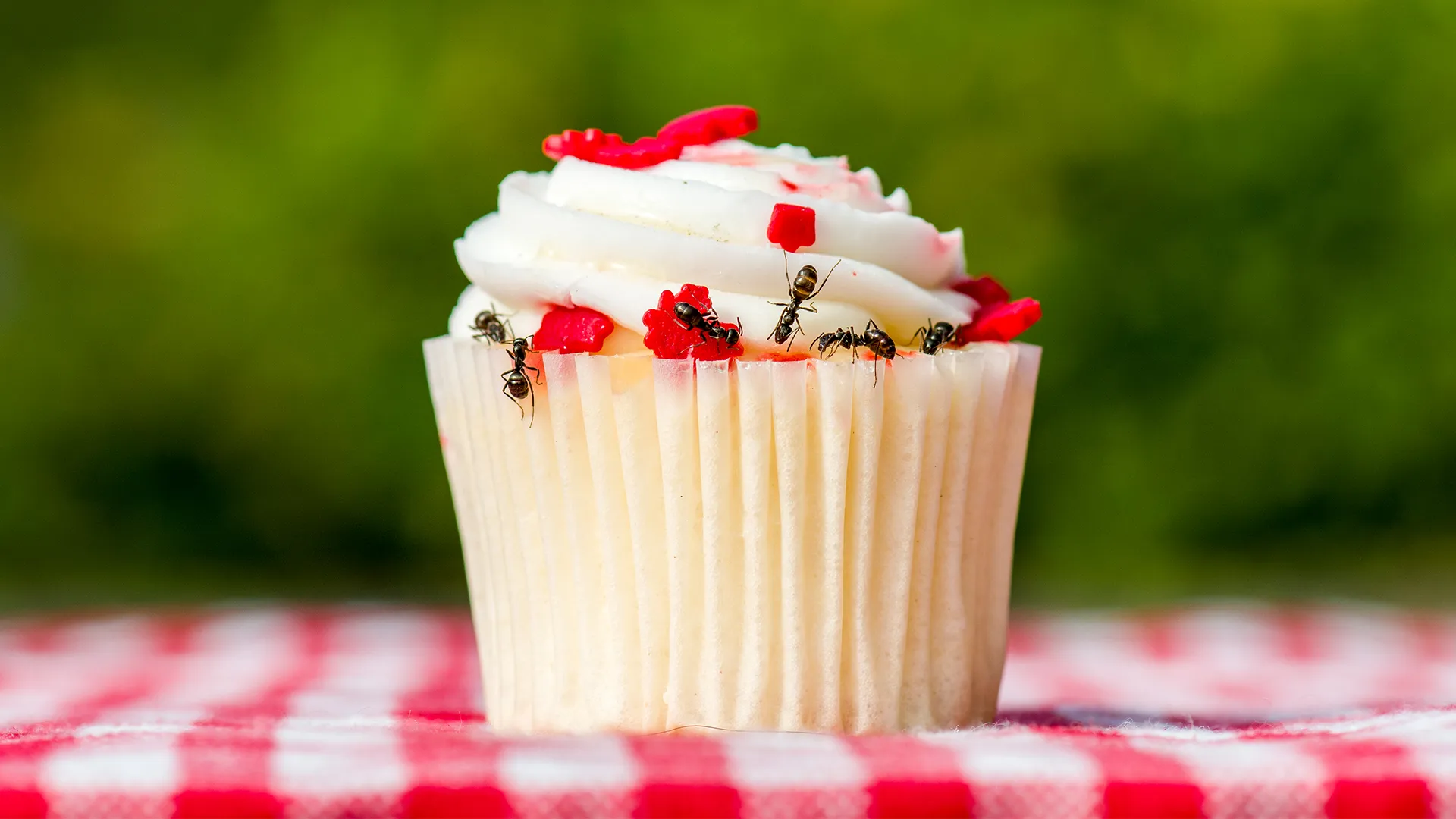
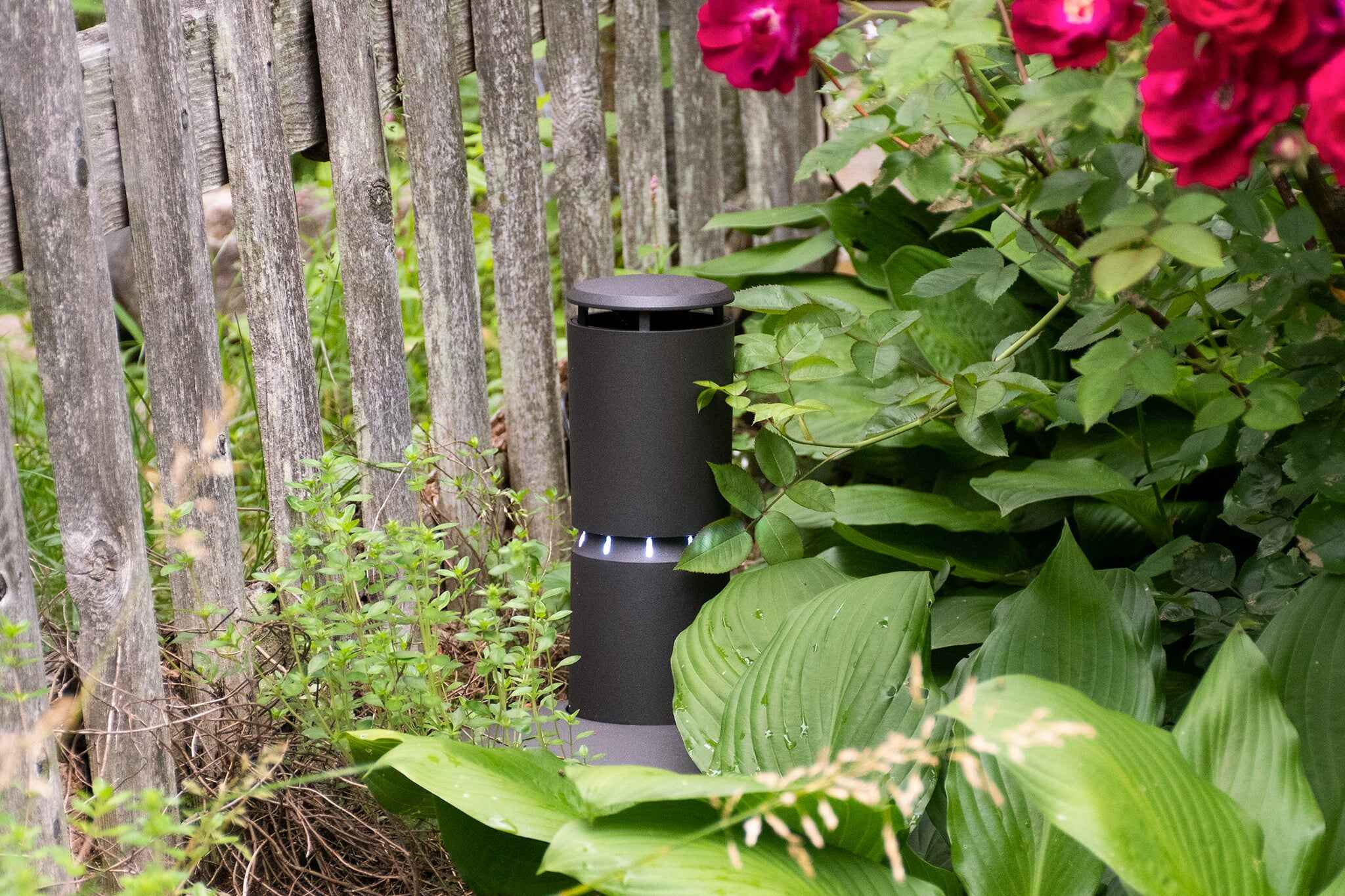

0 thoughts on “13 Ways To Keep Spiders Away: Naturally, Without Killing Them”